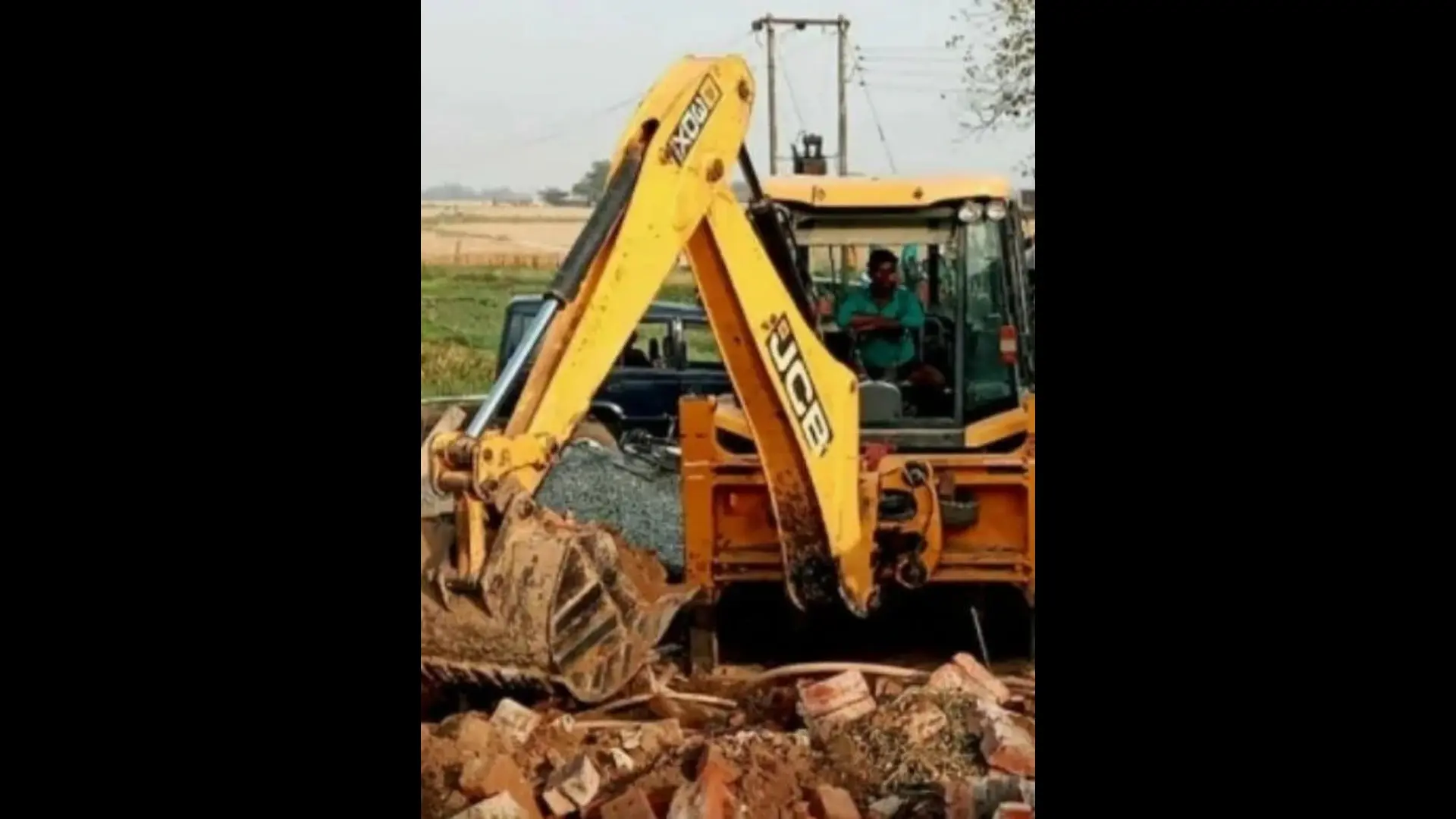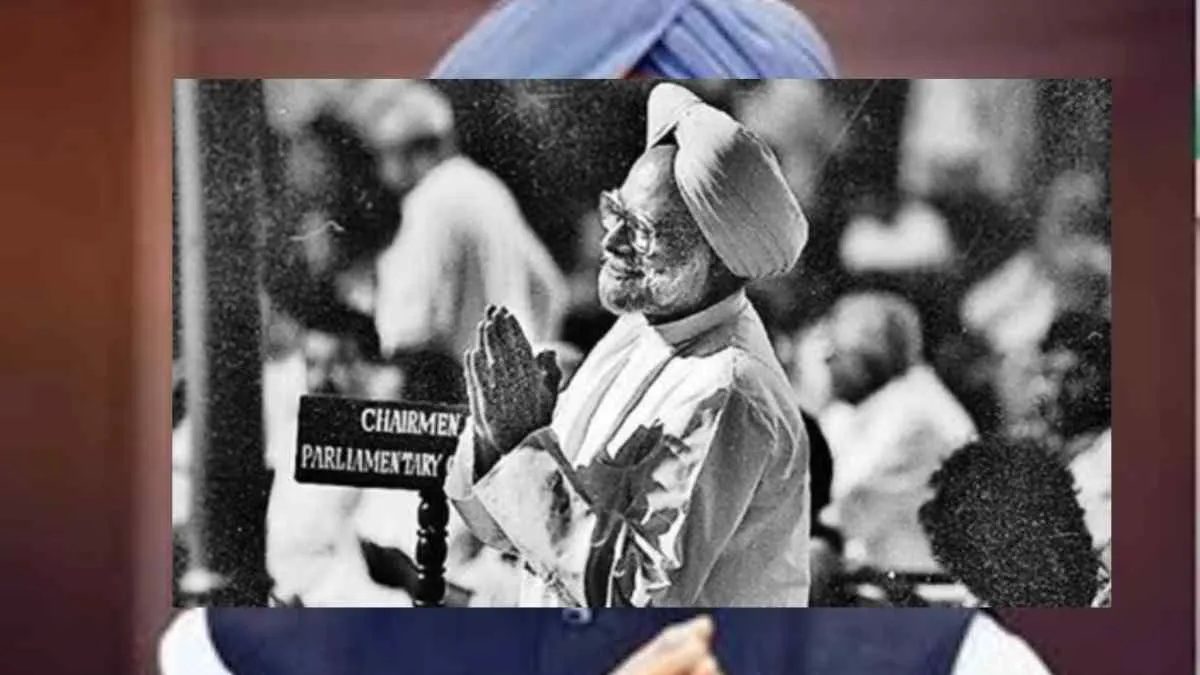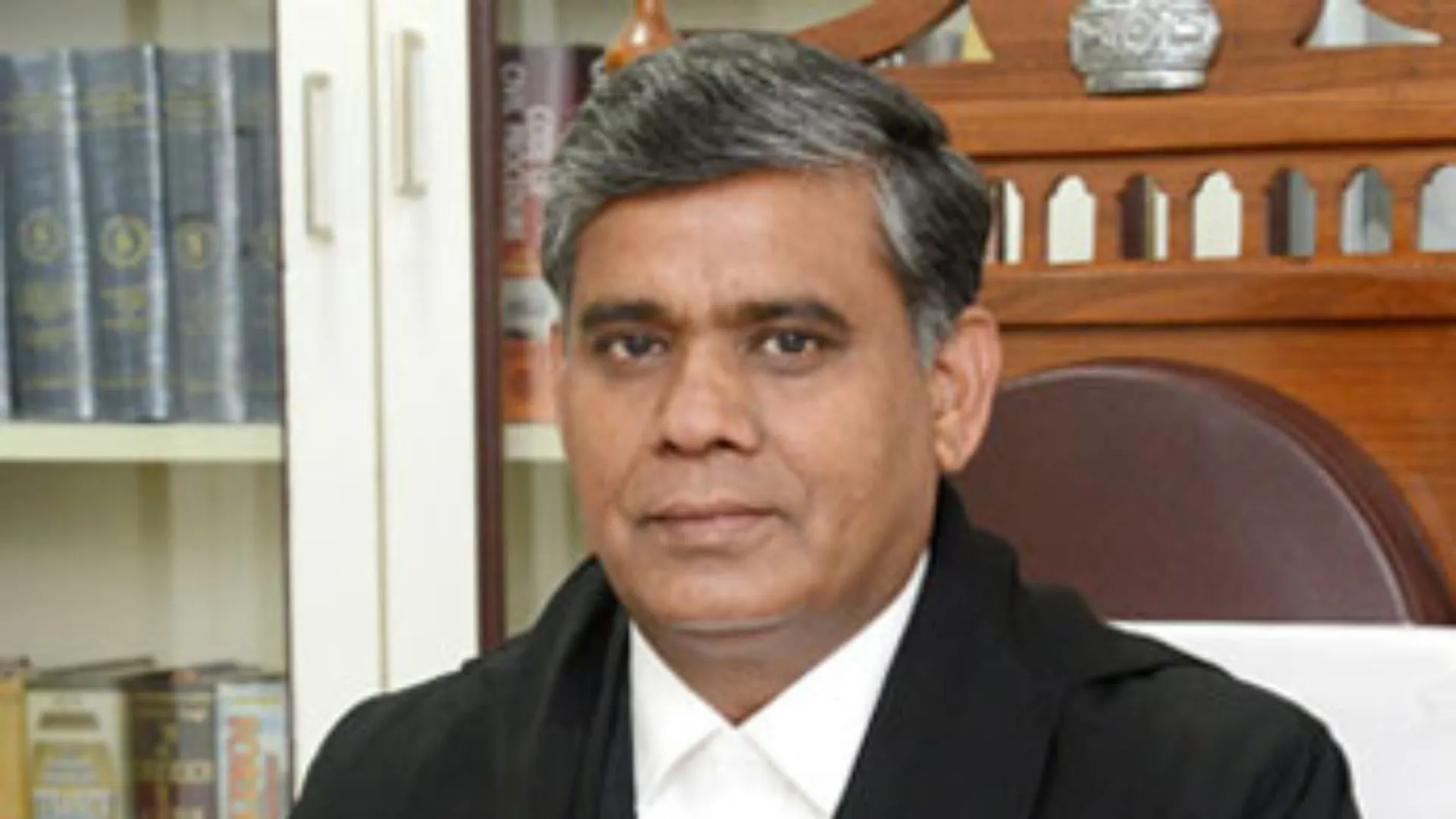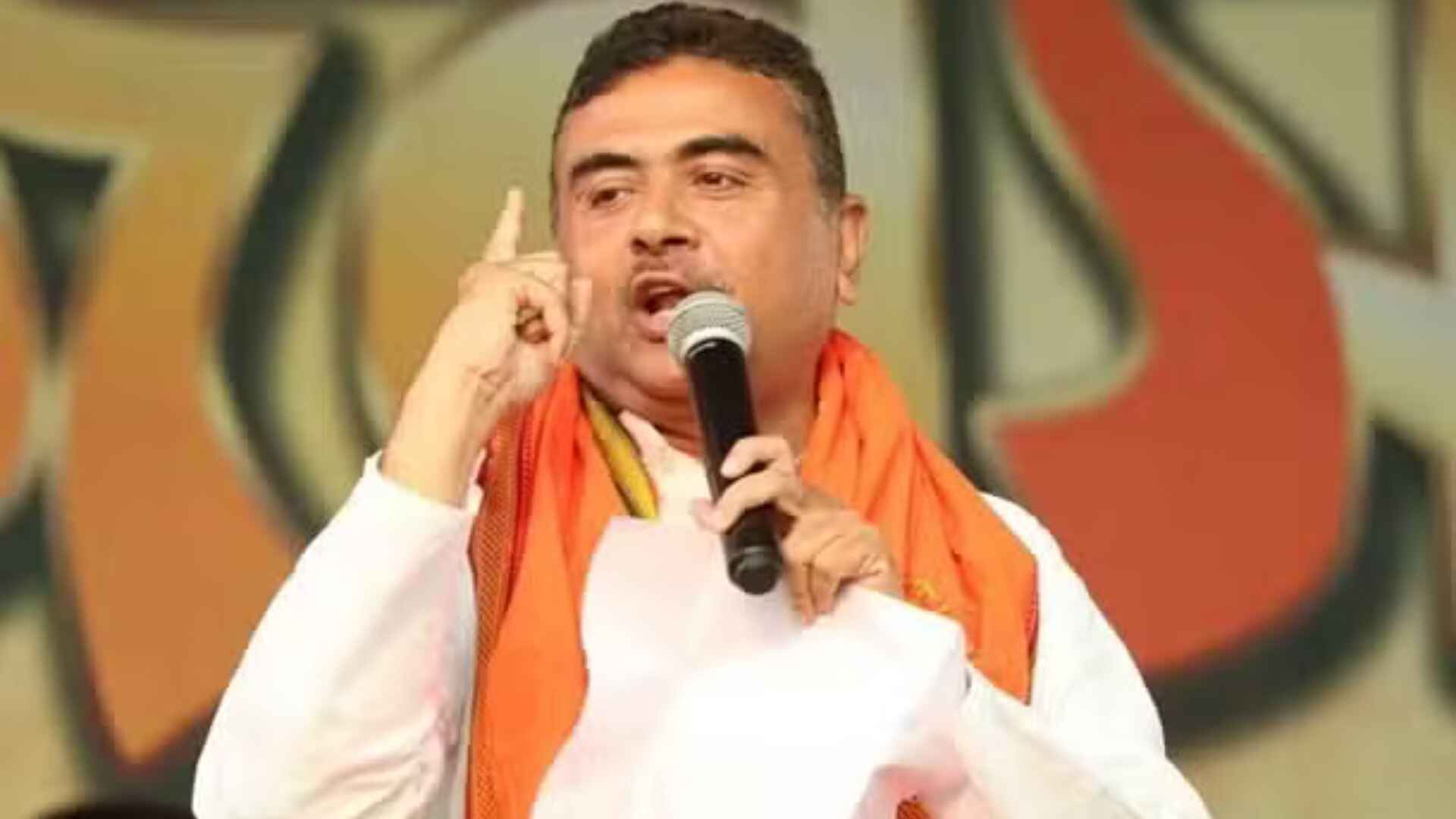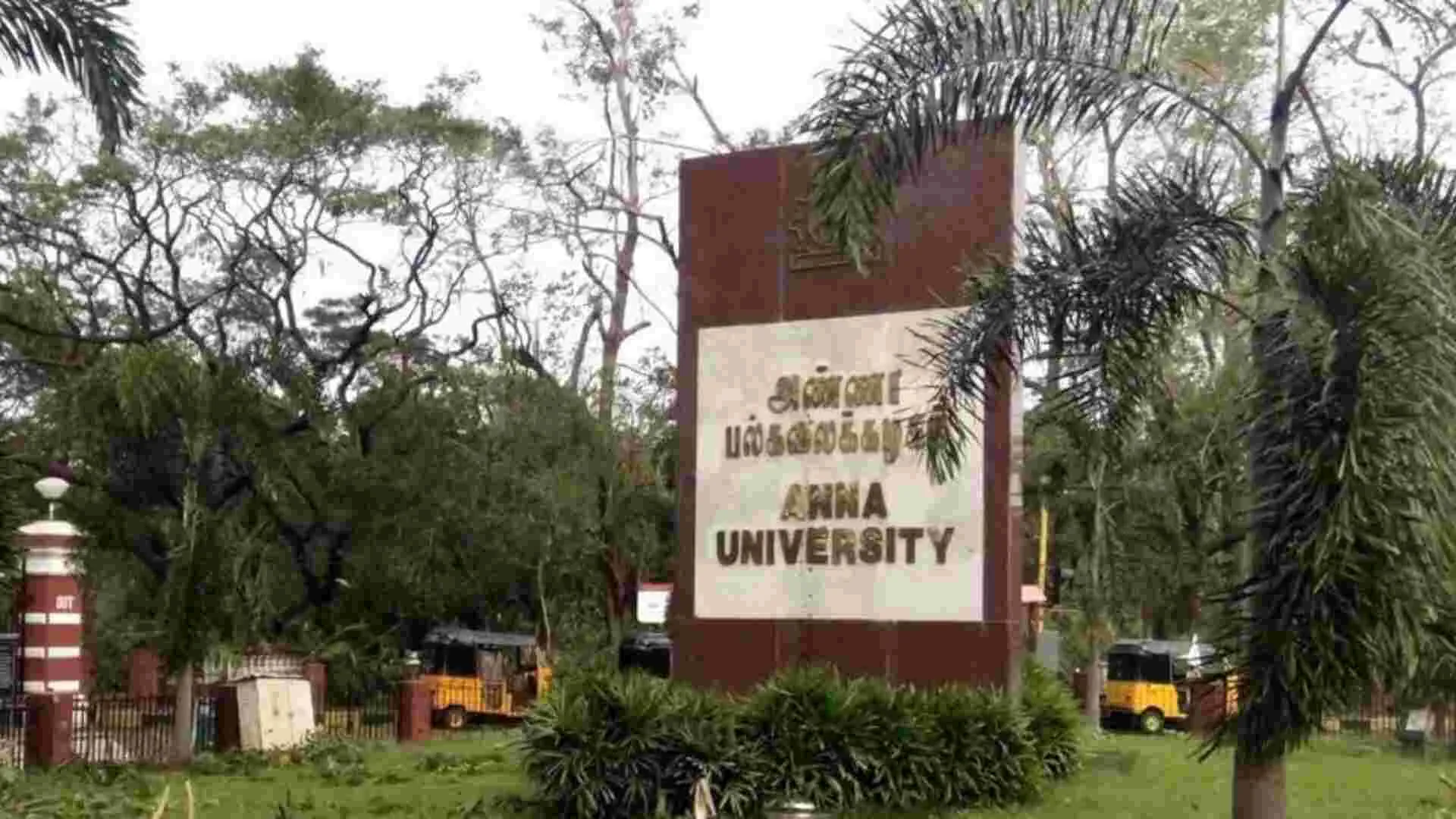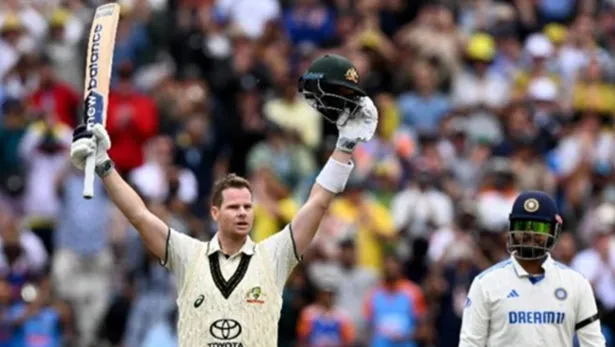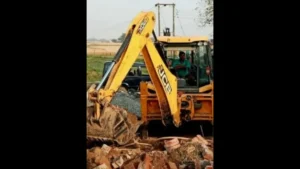In a strong message against bulldozer demolitions, the Supreme Court cautioned that the executive cannot bypass judicial processes, stressing that property demolitions on accusations alone are unconstitutional. The Court underscored the importance of a fair trial and reaffirmed that guilt cannot be assumed or punished without judicial proceedings.
Hearing petitions challenging the use of bulldozers as punitive measures, the Court emphasized that arbitrary demolitions without due legal process violate constitutional rights and the separation of powers. “Officials cannot assume the role of adjudicators,” the Court stated, adding that such actions disrupt core legal principles and violate the rule of law.
The bench, led by Justices BR Gavai and KV Vishwanathan, pointed out that demolishing a family’s home due to accusations against a single individual is a misuse of power, and officials should be held accountable when acting beyond their authority. The Court suggested compensation as a potential remedy in cases where rights are breached through negligence or unlawful actions.
The Court extended its interim order halting demolitions, with an exception for unauthorized structures such as religious sites that obstruct public roads. Justice Gavai reiterated that India’s secular framework demands equal application of laws on unauthorized constructions, regardless of religion.
The Court advised the development of clear municipal laws distinguishing between types of local authorities and suggested an online platform to raise public awareness on these issues.

